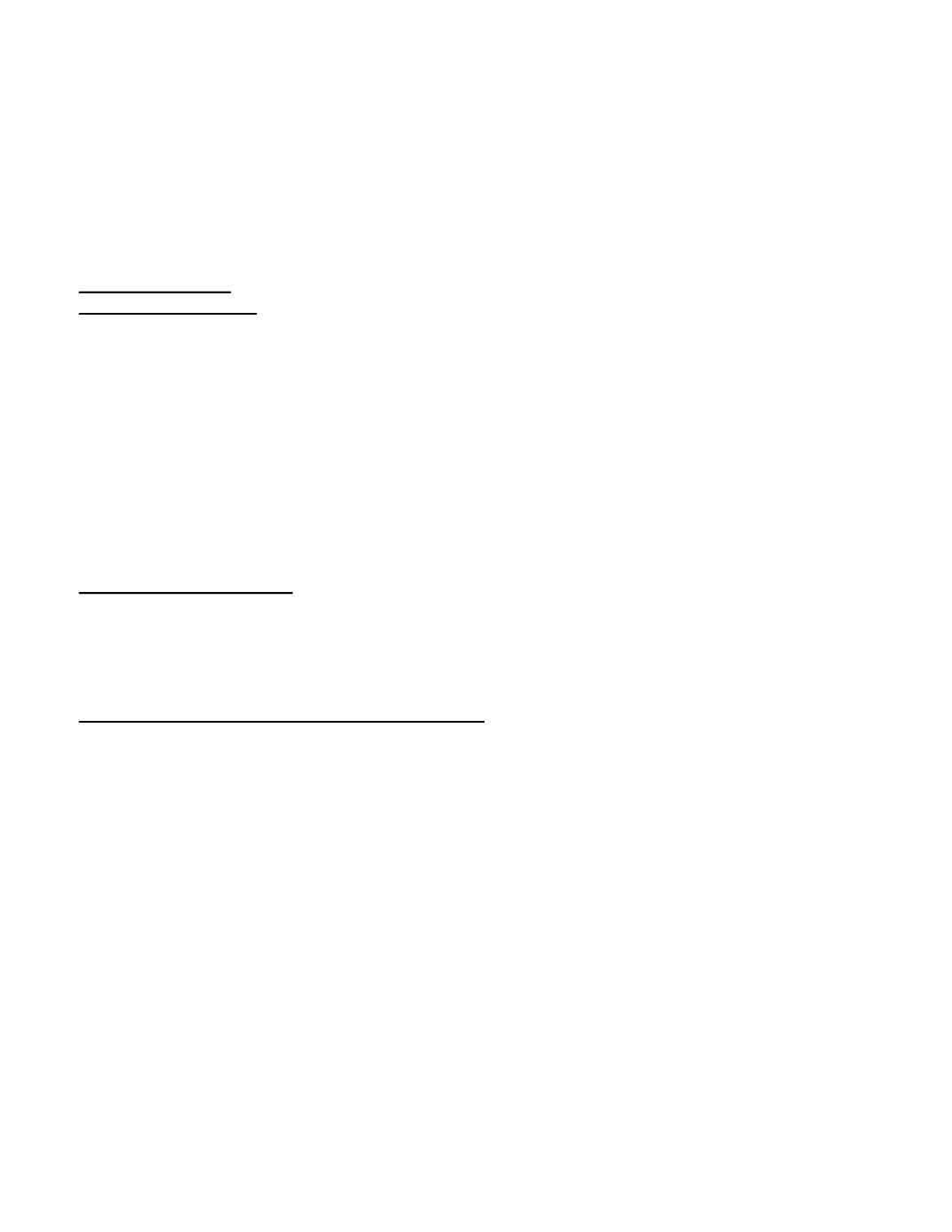

English 120: College Composition II
Fall 2016
Instructor: Damon Schneider
E-mail:
damon.schneider@dakotacollege.eduPhone: 920-203-2452
“The boundaries of my language are the boundaries of my world.” ~ Ludwig Wittgenstein
Course Objectives:
Rhetorical Knowledge
Audience
Understand and use formal academic tone with a clear understanding of audience and purpose
Independently adapt a self-generated text’s content, form, and style to a particular writing task
defined by audience and purpose
Rhetorical Situation and Purpose
Respond appropriately to different kinds of reading and writing situations
Use conventions of format and structure appropriate to different kinds of reading and writing
situations
Form
Articulate how disciplinary and generic conventions shape the form of a text
Read and write different kinds of texts
Knowledge of Conventions
Demonstrate a command of standard written English, academic writing conventions, and make
appropriate decisions about grammar, language usage, punctuation, word choice, and style
Understand and avoid plagiarism or the appearance of plagiarism
Cite research in an established documentation style
Critical Thinking, Reading, Writing, and Research
Thinking
Use writing and reading for inquiry, learning, thinking, and communicating
Understand the relationships among language, knowledge, and power
Consider multiple perspectives and identify bias
Understand and evaluate logical reasoning and evidence
Reading
Understand data, its origins, and its inferences
Identify the controlling idea of a text
Grapple with and analyze complex, nuanced arguments and texts
Paraphrase and summarize complex, sophisticated source material
Analyze and evaluate the content, organization, and rhetorical appeals of an argument
Writing
Identify, narrow, and develop a topic appropriate to an assignment
Construct a logical, well-supported argument
Identify, generate, and refute counterarguments
Distinguish between “reporting on” or regurgitating information and taking a position and
supporting it using source material
Synthesize and integrate source material
Support a thesis using credible, appropriate, accurate, and sufficient source material
Research


















